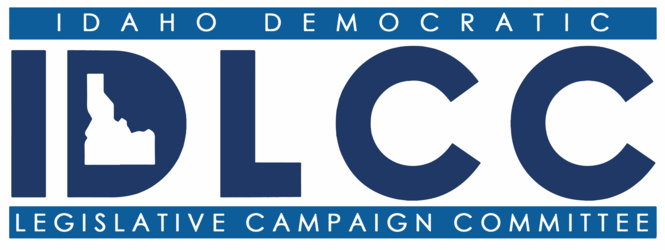In the House Ways and Means Committee Monday, GOP lawmakers introduced a grossly irresponsible property tax bill, providing residents with minimal relief and potentially harming those most in need.
If the homeowner’s exemption had not been capped at $100,000 by Republicans in 2016, it would be worth $150,000 in the current year, according to the Idaho State Tax Commission. “To increase the homeowner’s exemption to only $125,000 is an insult to homeowners across Idaho,” said Asst. House Democratic Leader Lauren Necochea, who sits on the committee.
“In the last 12 months, home prices in Ada County have grown by 27% and in Canyon County by 42%,” Necochea said. “This bill does not even cushion homeowners from one year of skyrocketing home prices, let alone the five years of price growth that occurred since the exemption was capped.”
“This bill heavily favors corporations that are already benefiting from the tax shift onto homeowners,” Necochea said. “The homeowner’s exemption is allowed to creep up by 25%, while the property tax exemption for business equipment jumps up 250%, from $100,000 to $250,000. These priorities are backward, especially after years of the property tax shifting onto homeowners and away from commercial properties.”
“While this bill also expands circuit breaker assistance slightly, it is disconcerting the legislation pays for this modest increase in support by cutting other people out of the program,” said House Democratic Caucus Chair Sally Toone, who also sits on Ways and Means.
“Our popular circuit breaker program provides much-needed property tax assistance to low-income seniors. We need to increase both the income eligibility level and amount of assistance provided,” Toone said. “In this bill, if your home value is somewhat above average, you are cut from property tax assistance regardless of how low your income is or how much equity you actually have in the home.”
“Last year, the average circuit breaker benefit was only $600,” Rep. John Gannon added. “Increasing the maximum benefit to $1,500 is wholly inadequate because income eligibility levels are still too low and that doesn’t cover the increase in property tax bills.”
Necochea said the legislation harms cities’ abilities to manage growth as well, creating arbitrary limits that will force cities to choose between cutting vital services, such as emergency response or halting home construction that is desperately needed to address the housing crisis.
“We need to allow for local control, allowing cities to adjust their service levels within the budget growth restrictions already in statute,” Necochea said.


Recent Comments